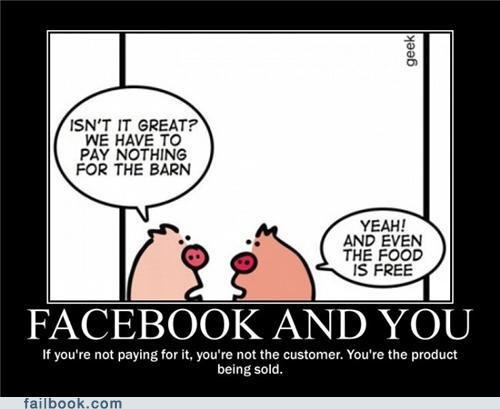In this article I highlight just a few of the many interesting presentations made at the SDP Global Summit, the slides are shown below.
Jose Valles, BlueVia, gave a presentation on the best of the current API recipes:
- Operators are not attractive to developers because of the sins of the past (e.g. Orange Partner), arrogance and self-interest in their out-reach, and being out of touch with internet technologies and business models.
- SDP is a swear box, its sold as a panacea, when it is not.
- The money is not in the long tail, its in the mid tail, telcos should focus there.
- It takes time, even for the web-centric companies like Netflix to build momentum around their APIs.
- Telco APIs are not cool, do not call them cool, its all about the business enabled through them, focus there. Its critical telcos ‘know themselves’ and act accordingly. A forty-year-old acting like a twenty-year-old is just plain embarrassing.
- Partnerships are key, telcos can not do this alone.
- Copy APIs that are working, do not follow standards.
The full presentation is available here.
Michel Burger, Vodafone, gave an insightful presentation on a web services oriented model for the SDP, this is an important step beyond SOA. He shared a good diagram showing the breadth of API use across the ecosystem. The only gap is code-samples matter as much as the SDK, most operators keep missing this point, the best developers are ‘cut and paste’ developers. He then showed a core services layer architecture adopting a web services model rather than the classic SOA model. Similar to the model adopted by Amazon and Google for their services layers. Michel refers to it as the Internet Service Ecosystem, I use the term Services Layer. This is prescient architecture, showing where operator IT systems will need to evolve.
Medhat Amer, CIO Mobily, gave sound advice on making an SDP project a success. Madhat’s advice, through obvious is rarely followed in most SDP projects. CEO sponsorship is essential, else the project will fail. Talk with other operators, not suppliers, on their experiences. Have clear business objectives and metrics for each phase of the project.
Abdeljalil Boularab, STC, gave a presentation on the impact of an SDP across all services and they are generating 100M Euro per year in new revenue and savings. A great proof-point on the success of SDPs.
Shira Levine, Infonetics showed the SDP market is all about the services with an estimated SDP market size of $5.2B in 2015 with 70% being services such as system integration, managed services and cloud services.
Andreas Boose, Telefonica, shared their leading multi-national, multi-layer SDP. An approach of ESB (Enterprise Service Bus) integration is required rather than more abstract API definitions. We will likely see this SOA versus web-services approach become a hot topic through 2012 in the SDP / Services Layer space.
And finally on a completely unrelated note, I thought this cartoon summed up the economy of free quite nicely, and reflects a theme I’ve been talking about for years on how customers pay in either cash, time or privacy. And when its time and privacy the ‘customer’ is no more than a product on sale to advertisers whose message will be delivered no matter how inappropriate. Hence why I gave up on Facebook and gained more time in my life.
